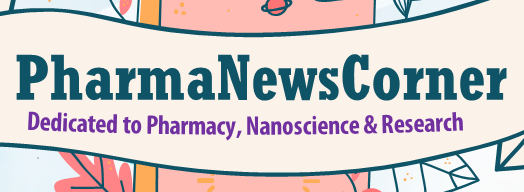Research Section
Empowering Researchers: From Idea to Publication
1. Project Planning: PG
Project Planning and Thesis Drafting
- Offer guidance on how to effectively plan
and manage a research project, from initial idea generation to final
thesis submission.
- Provide insights into setting clear
research objectives, creating a timeline, and allocating resources
efficiently.
- Offer tips on structuring a thesis,
including chapters, sections, and formatting guidelines.
2. Techno-Hacks: Referencing
Software (EndNote), Graphing
- Explain how to use referencing software
like EndNote to efficiently manage citations and references in academic
writing.
- Provide tutorials on creating graphs and
visualizations using software tools like Excel, Origin, or specialized
graphing software.
- Offer tips for data visualization to
enhance the clarity of research findings.
3. Paper & Publication:
How to Read Papers, Planning Drafting Paper Reading
- Guide students on effective strategies
for reading and understanding academic papers, including techniques for
skimming, scanning, and in-depth reading.
- Explain the components of a research
paper and how to plan and draft research papers for submission to
conferences or journals.
- Offer insights into the peer-review
process and how to address reviewer comments effectively.
4. Interpretation: FTIR, UV
Advanced Characterization Techniques
- Provide in-depth explanations of advanced
characterization techniques like FTIR (Fourier Transform Infrared
Spectroscopy) and UV (Ultraviolet) spectroscopy.
- Offer guidance on interpreting
spectroscopic data, identifying functional groups, and analyzing spectral
peaks.
- Share examples of how these techniques
are applied in real-world research and industry.
5. Cellular Analysis: Cell
Toxicity Assays, etc.
- Explain various cellular analysis
techniques, such as cell toxicity assays, cell viability assays, and
cell-based assays.
- Provide step-by-step protocols for
performing these assays in the laboratory.
- Offer insights into data interpretation
and analysis, including how to interpret results and draw meaningful
conclusions.
For each of these topics,
consider offering a combination of written content, video tutorials,
infographics, and interactive quizzes. Providing practical examples and case
studies can help students apply the knowledge and skills they acquire from your
content. Remember to keep the content engaging, user-friendly, and accessible
to a wide range of audiences, including those with varying levels of expertise.





0 Comments